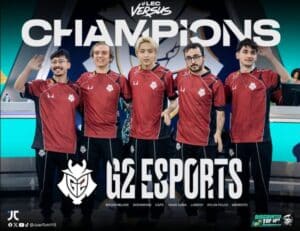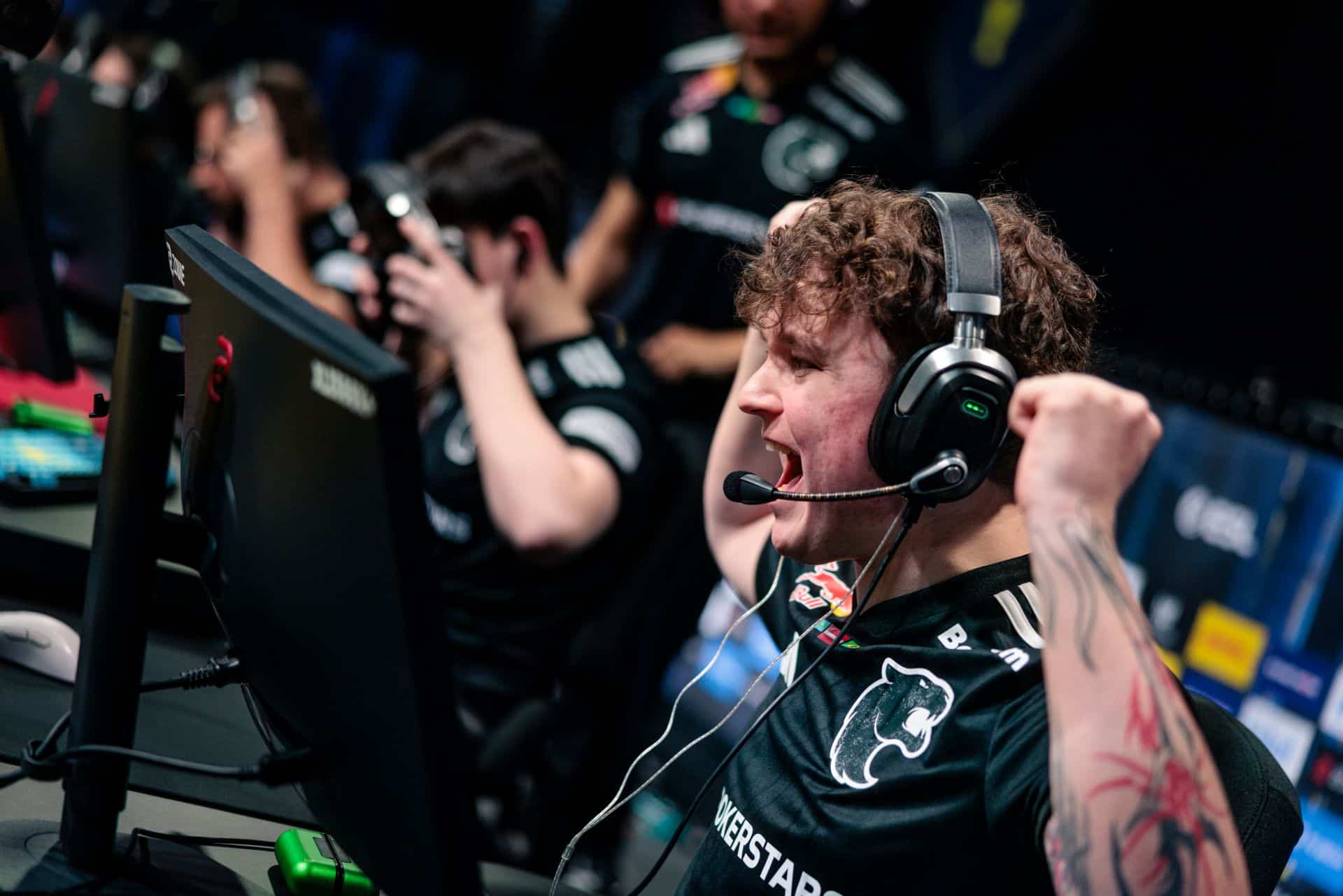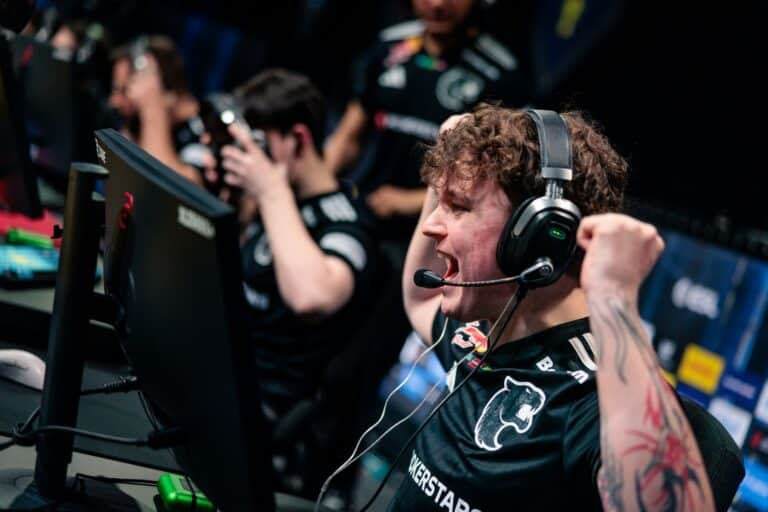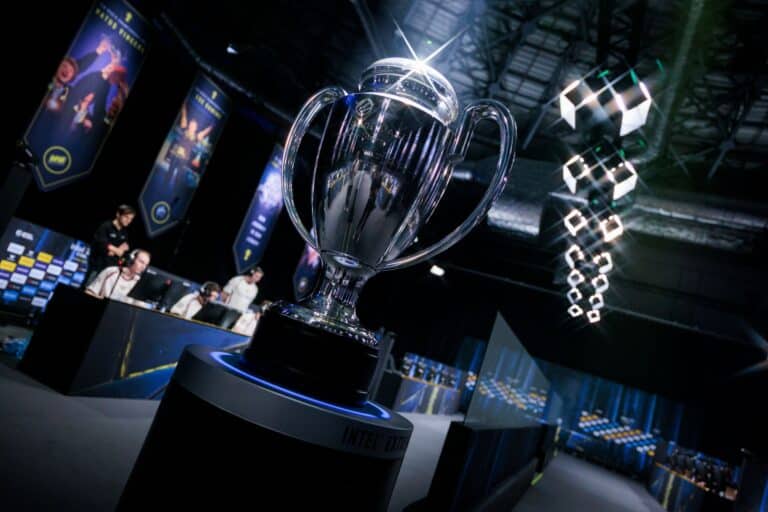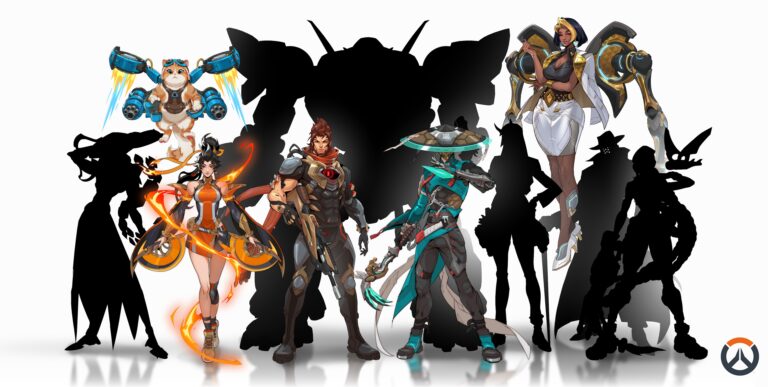Team Dignitas boss calls for eSports tax breaks, says it's hard to compete with big investors
Dom Sacco, Senior Editor
Last Updated: 06/08/2016
Michael “ODEE” O’Dell, manager and owner of Team Dignitas, has spoken up about the lack of funding in UK eSports – and has outlined some potential solutions.
He has called for tax breaks, which could allow eSports companies in the UK to claim some sort of tax relief, helping their money go further.
UK video game developers that produce British games can already claim tax relief up to 25 per cent on their production costs, and ODEE would like to see something similar introduced for eSports.
Speaking to eSports News UK about players taking part in grassroots tournaments such as the National University Esports League (NUEL), he said: “They are the next pro gamers, but there is no funding whatsoever to do with eSports.
“However, games companies [developers] get tax breaks and credits. And I believe that anyone who makes an eSports game, a section of the tax break they receive should go towards eSports, because they’re creating something for young people to aspire to.
“The problem is that to get the best players in these games now, they’ve got to be full-time. Unless you can pay the British players £20,000+ now, they’re just going to go to university instead. That’s what happens. That’s why there’s not many British players – because nobody can afford it.”
He added: “Look at FIFA for example, you’ve got all the FIFA players trying to be professional but they can’t, because there isn’t a tournament [with a large enough prize pool]… Though some of them are being signed by football clubs at the moment, which is weird.”
Are Manchester City missing the point of eSports?
British FIFA pro Sean “Dragonn” Allen (now playing for West Ham) finished runner-up in the 2016 FIFA Interactive World Cup earlier this year, taking home $5,000.
ODEE recently tweeted the FIFA Interactive World Cup page on Twitter, questioning why the FIFA eSports tournament has had the same prize pool for the past decade ($20,000 for the winner and $5,000 for the runner-up).
Why is the prize pool the same as it was in 2006 making it almost impossible for the top players to be professional players ? @FIWC
— Michael O’Dell (@dignitasODEE) 4 August 2016
Competing with VC money
Tax breaks would also help people like ODEE – managers who have built eSports organisations from the ground up, from grassroots to the top – better compete with larger investors.
ODEE is concerned about the increasing number of big-money investors coming into eSports.
For example, one of the world’s top League of Legends teams, Immortals, was set up last year and funded by VC (venture-capital) investment.
“It’s hard for us to compete now with all this VC money flying around. When you look at teams like Fnatic, who can’t hold onto two of their best League of Legends players because there’s someone bigger than them with more money, it’s a bit scary.”
The organisation acquired Team 8’s spot in the North American League of Legends Championship Series (LCS), before buying top talent, including the likes of Seong “Huni” Hoon Heo and Kim “Reignover” Yeu Jin from Europe’s Fnatic.
“To be an eSports team now, unless you get funding from a massive sponsor or VC (venture-capital) money – and that’s obviously dangerous – it’s so hard to compete,” ODEE said.
“It’s hard for us to compete now with all this VC money flying around.
“When you look at teams like Fnatic, who can’t hold onto two of their best League of Legends players because there’s someone bigger than them with more money, it’s a bit scary.”
Government talks
Team Dignitas’ boss says he’s advised the UK Government on eSports.
“There’s discussions about what the Treasury would do [in eSports], and what the immigration situation is with players,” he commented.
“I said to the Government: ‘To be honest, you’ve got to look at it like football. It’s like professional footballers coming in to play for Arsenal, and then going home again.’
“And nobody moans about that, because they want to see these players.
“As well as tax breaks, there’s also discussions around what does the Government do at social levels and what other forms of gaming can be promoted to youngsters… I know GCHQ is looking at all sorts of stuff around gaming at the minute. We’re just waiting for something to happen.”
“Unless you can pay British players £20,000+ now, they’re just going to go to university instead. That’s why there’s not many British players – because nobody can afford it.”
What does ODEE think about the new British eSports Association, which was formed recently and aims to open a national eSports training centre?
“I think they’re still learning what it is at this stage,” he said.
“[UK games industry trade body] UKIE is doing a white paper on eSports which should be ready by the end of the year, and once the Government gets that and realises what it’s worth for UK plc, then I’m sure the Government will get involved even more.
“Regulations and things like that are going to come in, it’s just a case of when. And that will help all of us.”
Dom Sacco, Senior Editor
Dom is an award-winning writer and finalist of the Esports Journalist of the Year 2023 award. He has almost two decades of experience in journalism, and left Esports News UK in June 2025. As a long-time gamer having first picked up the NES controller in the late '80s, he has written for a range of publications including GamesTM, Nintendo Official Magazine, industry publication MCV and others. He also previously worked as head of content for the British Esports Federation.
Stay Updated with the Latest News
Get the most important stories delivered straight to your Google News feed — timely and reliable





From breaking news and in-depth match analysis to exclusive interviews and behind-the-scenes content, we bring you the stories that shape the esports scene.
Monthly Visitors
User Satisfaction
Years experience
Latest
